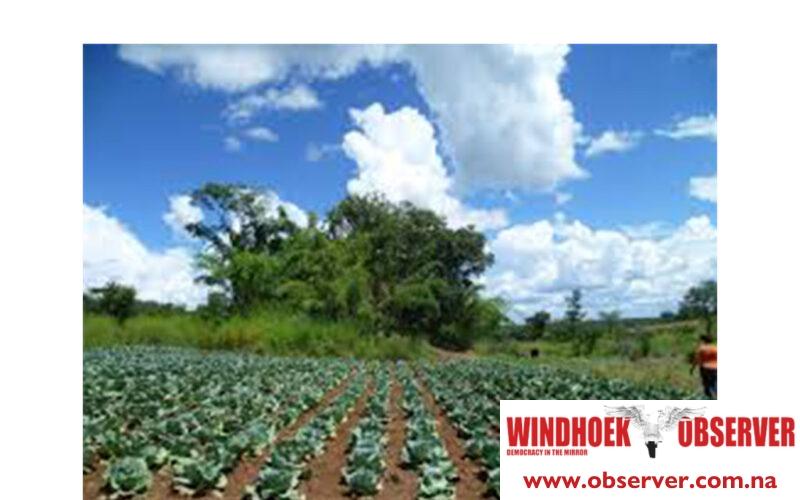Hertta-Maria Amutenja
Namibia’s small-scale farmers are calling for greater utilisation of local produce as a way to address food waste, boost their income, and create more job opportunities in the agro-processing sector.
A challenge facing local farmers is limited access to markets, where size and aesthetic standards often prevent non-standard produce from reaching consumers.
Ben Shernick, director of the Nutrition and Food Security Alliance of Namibia (NAFSAN), stressed supporting small-scale farmers through local markets.
“Farmers need more opportunities to sell their produce locally. If we can create demand for local products, whether processed or fresh, it will be easier for farmers to sell their produce and reduce waste,” said Shernick.
According to him, encouraging local consumption habits around locally grown and processed food could drive economic growth and strengthen food security across the country.
He said a challenge, however, is the need for more flexible market conditions.
Supermarkets, for instance, often demand that produce meet strict size and appearance standards, leaving farmers with surplus or non-standard produce that goes to waste.
In response, small-scale farmers are increasingly turning to agro-processing as a way to overcome these challenges and add value to their crops.
Simon Mupetami, owner of Target Farming CC, an agro-processing business near Otavi, is addressing this issue by offering a solution to the problem of wasted produce.
“There’s a large amount of produce that doesn’t fit the size and aesthetic requirements of retailers and other buyers. For instance, schools want large pumpkins, while small ones are discarded. Similarly, some consumers prefer pre-cut or frozen produce,” explains Mupetami.
Target Farming processes surplus and non-standard produce into items like pre-cut portions, dried goods, or juices, they aim to reduce waste while creating new income opportunities for farmers.
To expand its operations, Target Farming CC is seeking partners to help process and sell vegetables.
Mupetami said they have produce that may be too big or too small for standard markets, including chilli, butternuts, pumpkin, watermelon and spinach.
“If businesses or individuals are interested, they can reach out to us, and we can explore how we can collaborate. We can offer market access and processing opportunities or work together from the ground up,” he says.
For small-scale farmers, processing surplus produce means they can sell products that might otherwise go to waste.
“With agro-processing, farmers can ensure that less than 30% of their harvest goes to waste. Instead of discarding non-standard produce, they can turn it into juice, dried products, or pre-cut vegetables for consumers,” Mupetami explains.
Agro-processing not only reduces food waste but also increases income by diversifying products and opening new market opportunities.
As of the time of publication, the Namibia Agronomic Board (NAB) did not respond to queries about potential government support for agro-processing initiatives.




